Minister says Iran has found ‘attractive markets’ for its oil
Minister of Petroleum Javad Owji says Iran’s crude oil and petrochemical exports continue without disruption after the Biden administration announced a new round of sanctions against the Islamic Republic last week.
“The sale and export of crude oil, condensates and petroleum products are being carried out without interruption, and exports are currently going on without any problems,” media reports on Tuesday quoted him as saying.
Owji said his ministry had found new markets and export processes through which, “we have been able to transform the export of crude oil and gas condensate compared to the last few years".
"With the new procedures presented by my colleagues in the international affairs of the National Iranian Oil Company, we have been able to find good and attractive markets for Iran’s crude oil, gas condensate, oil products and petrochemical products,” he added.
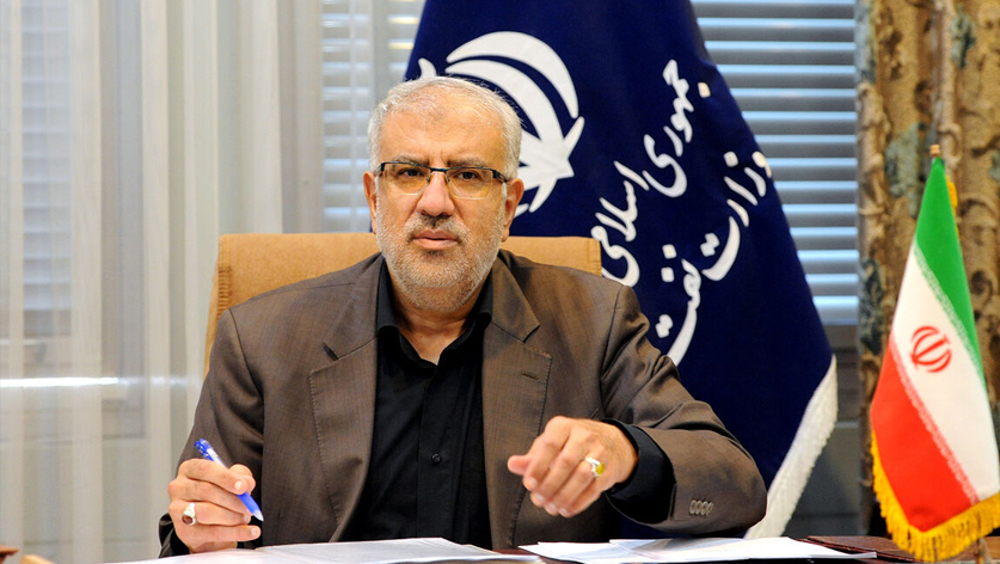
His remarks came after the US Treasury on Thursday announced new measures, targeting several firms based in China, the United Arab Emirates, Hong Kong and India that the United States accuses of involvement in the sale of Iranian petroleum and petrochemical products.
“So long as Iran refuses a mutual return to full implementation of the Joint Comprehensive Plan of Action, the United States will continue to enforce its sanctions on the sale of Iranian petroleum and petrochemical products,” Treasury Department official Brian Nelson said in a statement.
Since former US President Donald Trump withdrew from the nuclear deal in 2018, various sectors of the Iranian economy have been under the most draconian American sanctions.
While the Biden administration has claimed to be seeking a return to the pact, it has acted in a way no different than its predecessors.
On Thursday, the Treasury Department said the US “will continue to accelerate our enforcement of sanctions on Iran’s petroleum and petrochemical sales”.
But Owji said "the sanctions of Western countries have not had any effect on our country's oil exports".
“Today, energy security is considered one of the most important issues in the world, and this importance gradually doubles as the cold season approaches,” he added.
Observers say Washington’s escalatory measures could scotch what many believe to be the last chance at salvaging the nuclear agreement.
Since April 2021, parties to the 2015 Joint Comprehensive Plan of Action (JCPOA), or Iran nuclear deal, have sought to revive the agreement abandoned by President Donald Trump.
In early August, the EU tabled a compromise text after several days of deliberations with all sides. Since then, Iran and the US have exchanged a series of counter-proposals but with little sign of US flexibility, an imminent breakthrough appears unlikely.
At the stalemate’s core stands Washington’s refusal to guard against a future US administration reneging on the deal like Trump’s did and guarantee that the economic dividends afforded by the restored JCPOA will endure.
To many observers, Iran is right to be circumspect about US trustworthiness. Meanwhile, Tehran has indicated that it will persist on its stance as long as it takes. And in the absence of a deal, it has taken measures to take the edge off the sanctions.
While part of Iran’s oil has been available to the market, its petrochemical exports have been crucial to the country’s sanction-busting effort.
Iranian officials say the wide variety of petrochemical products and huge international demand for them because of their quality and price make the industry unsanctionable.
In July, the Iranian economy minister said the country’s income from oil and condensates exports was 580% higher in the first four months of the Iranian year (March 21 to July 21) compared with the same period a year ago.
Oil prices have nearly doubled from a year ago because of the war in Ukraine and the global post-pandemic economic recovery.
The Iranian government says it has also found ways to repatriate funds to its treasury from earlier energy exports and increased oil exports despite US sanctions.
Last month, Owji indicated that Tehran will boost energy relations with friendly nations, such as China and Russia. Iran, he said, is working to attract investment from overseas without waiting for the deal to be restored.
He made the remarks in an interview with Japan’s public broadcaster NHK in Tokyo where he was to attend the state funeral of former Japanese Prime Minister Abe Shinzo.
The minister called on Japanese companies to consider expanding into the Iranian market, stressing that his country is 100 percent ready to accept their investment.
He met with CEOs of major oil and gas companies in Japan, including Inpex, Eneos Corp, Fuji Oil, Mitsubishi Corp and Japanese trading company Marubeni Corp as well as a director of Nippon Export Investment Insurance (NEXI) to discuss investment opportunities in the upstream and downstream sectors of Iran's oil industry, joint cooperation and trade in energy carriers and technology, Iran's Shana news agency said.
In July, the Islamic Republic signed a memorandum of understanding with Russia's state energy giant Gazprom for cooperation in the oil and gas industry.
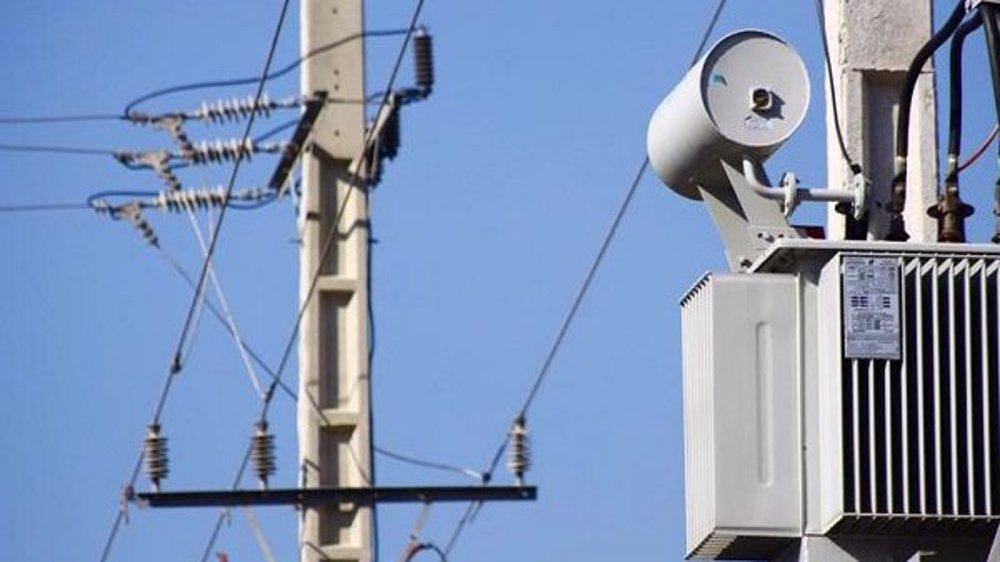
Electricity available to nearly 59,000 villages in Iran: Tavanir
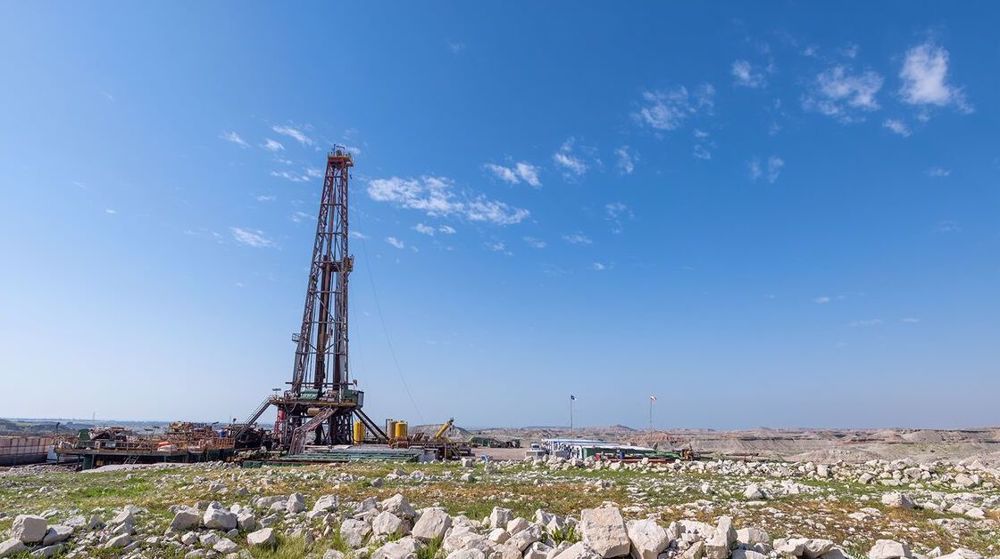
Iran to spend $800 mln on buying 15 new oil drilling rigs: NIDC
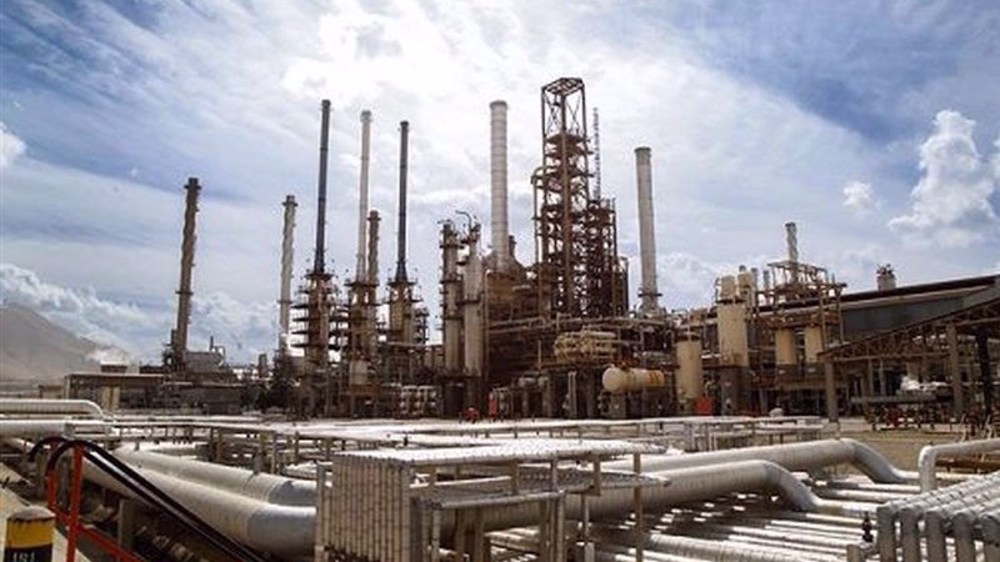
Iran’s gasoil production up by over 8% in H2 last calendar year
Iran, US conclude negotiations in Oman, agree to continue next week
Iran and US hold indirect talks in Oman
Iraq hopes indirect Iran-US talks lead to regional stability
US rights advocates file lawsuit to halt Trump’s sanctions on ICC prosecutor
Israel waging psychological sabotage campaign against Oman talks: Report
EU youth mental health crisis
VIDEO | New York students protest student deportations
VIDEO | Press TV's News Headlines


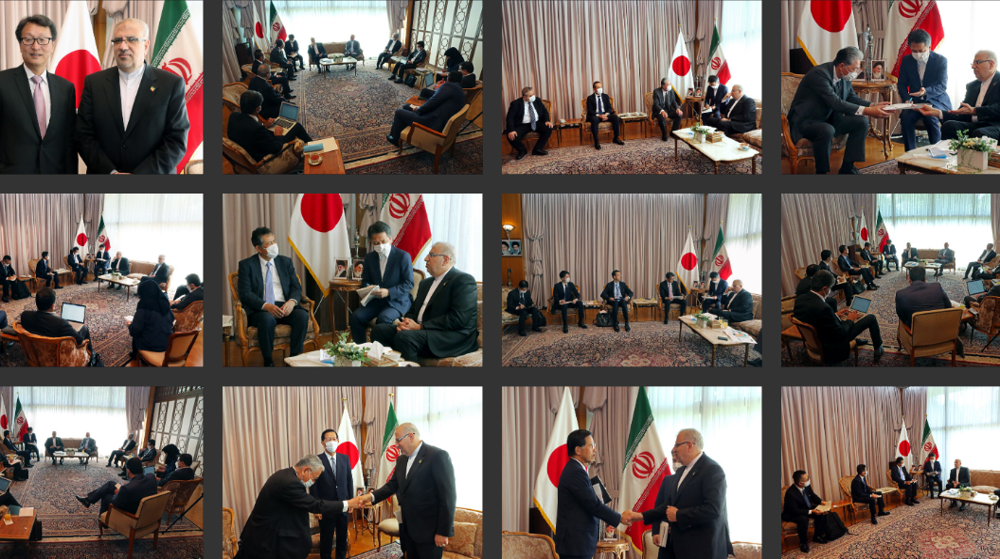
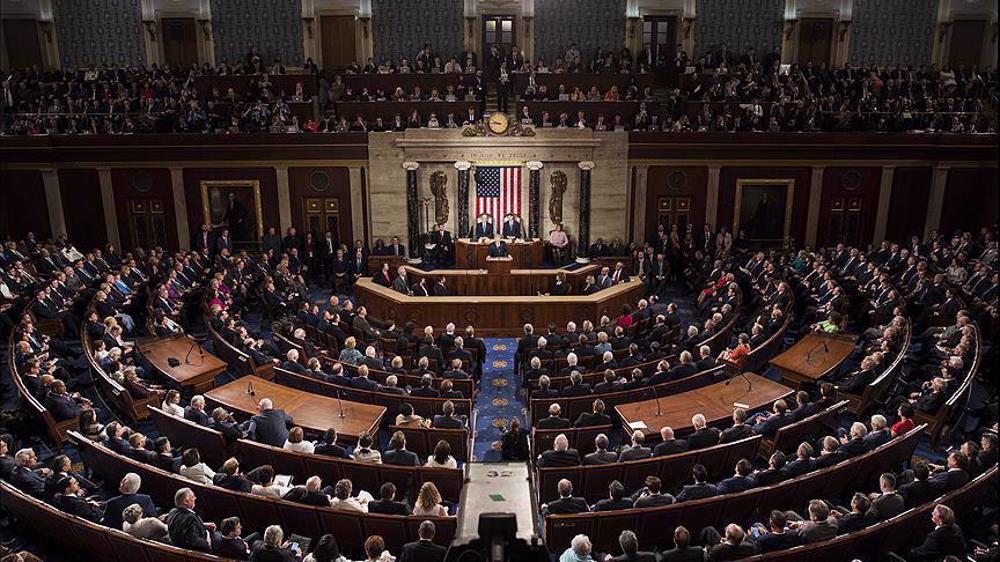




 This makes it easy to access the Press TV website
This makes it easy to access the Press TV website